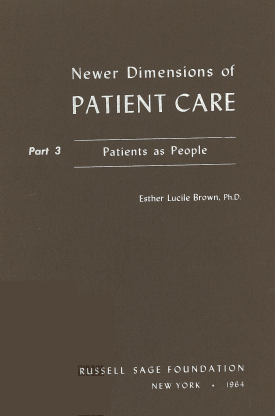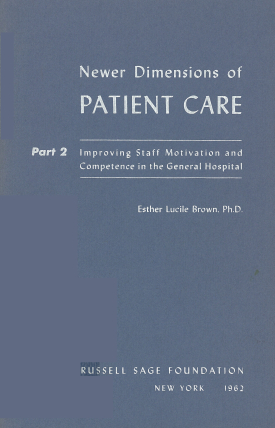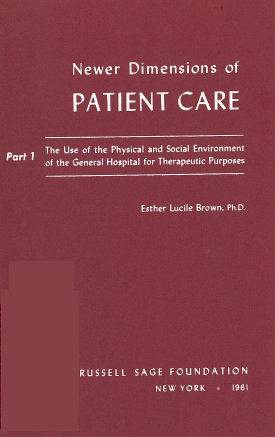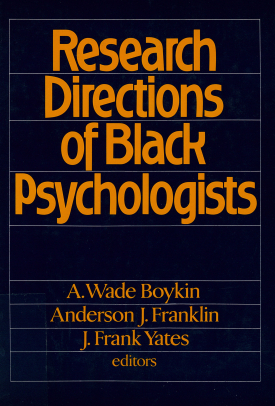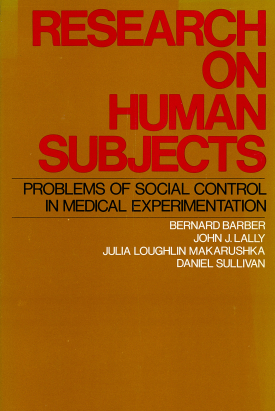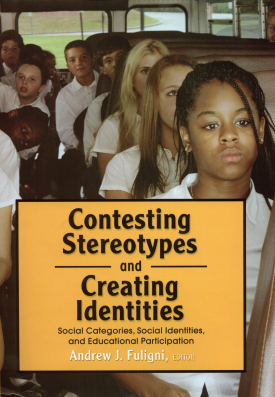
Contesting Stereotypes and Creating Identities
About This Book
Since the end of legal segregation in schools, most research on educational inequality has focused on economic and other structural obstacles to the academic achievement of disadvantaged groups. But in Contesting Stereotypes and Creating Identities, a distinguished group of psychologists and social scientists argue that stereotypes about the academic potential of some minority groups remain a significant barrier to their achievement. This groundbreaking volume examines how low institutional and cultural expectations of minorities hinder their academic success, how these stereotypes are perpetuated, and the ways that minority students attempt to empower themselves by redefining their identities.
The contributors to Contesting Stereotypes and Creating Identities explore issues of ethnic identity and educational inequality from a broad range of disciplinary perspectives, drawing on historical analyses, social-psychological experiments, interviews, and observation. Meagan Patterson and Rebecca Bigler show that when teachers label or segregate students according to social categories (even in subtle ways), students are more likely to rank and stereotype one another, so educators must pay attention to the implicit or unintentional ways that they emphasize group differences. Many of the contributors contest John Ogbu’s theory that African Americans have developed an “oppositional culture” that devalues academic effort as a form of “acting white.” Daphna Oyserman and Daniel Brickman, in their study of black and Latino youth, find evidence that strong identification with their ethnic group is actually associated with higher academic motivation among minority youth. Yet, as Julie Garcia and Jennifer Crocker find in a study of African-American female college students, the desire to disprove negative stereotypes about race and gender can lead to anxiety, low self-esteem, and excessive, self-defeating levels of effort, which impede learning and academic success. The authors call for educational institutions to diffuse these threats to minority students’ identities by emphasizing that intelligence is a malleable rather than a fixed trait.
Contesting Stereotypes and Creating Identities reveals the many hidden ways that educational opportunities are denied to some social groups. At the same time, this probing and wide-ranging anthology provides a fresh perspective on the creative ways that these groups challenge stereotypes and attempt to participate fully in the educational system.
ANDREW J. FULIGNI is professor of psychiatry and behavioral sciences at the University of California, Los Angeles, and co-director of Family Research Consortium IV. This volume was produced by the Russell Sage Foundation Working Group on Social Identity and Institutional Engagement.
CONTRIBUTORS: Joshua Aronson, Meredith Bachman, Rebecca S. Bigler, Daniel Brickman, Jennifer Crocker, William E. Cross, Jr., Carol S. Dweck, Sonia DeLuca Fernandez, Andrew J. Fuligni, Anne Galletta, Julie A. Garcia, Brian Girard, Catherine Good, Jason S. Lawrence, April Leininger, Ramaswami Mahalingam, Magdalena Martinez, Elizabeth Birr Moje, Carla O'Connor, Daphna Oyserman, Meagan M. Patterson, Marjorie Rhodes, Gwendelyn J. Rivera, and Diane N. Ruble.



